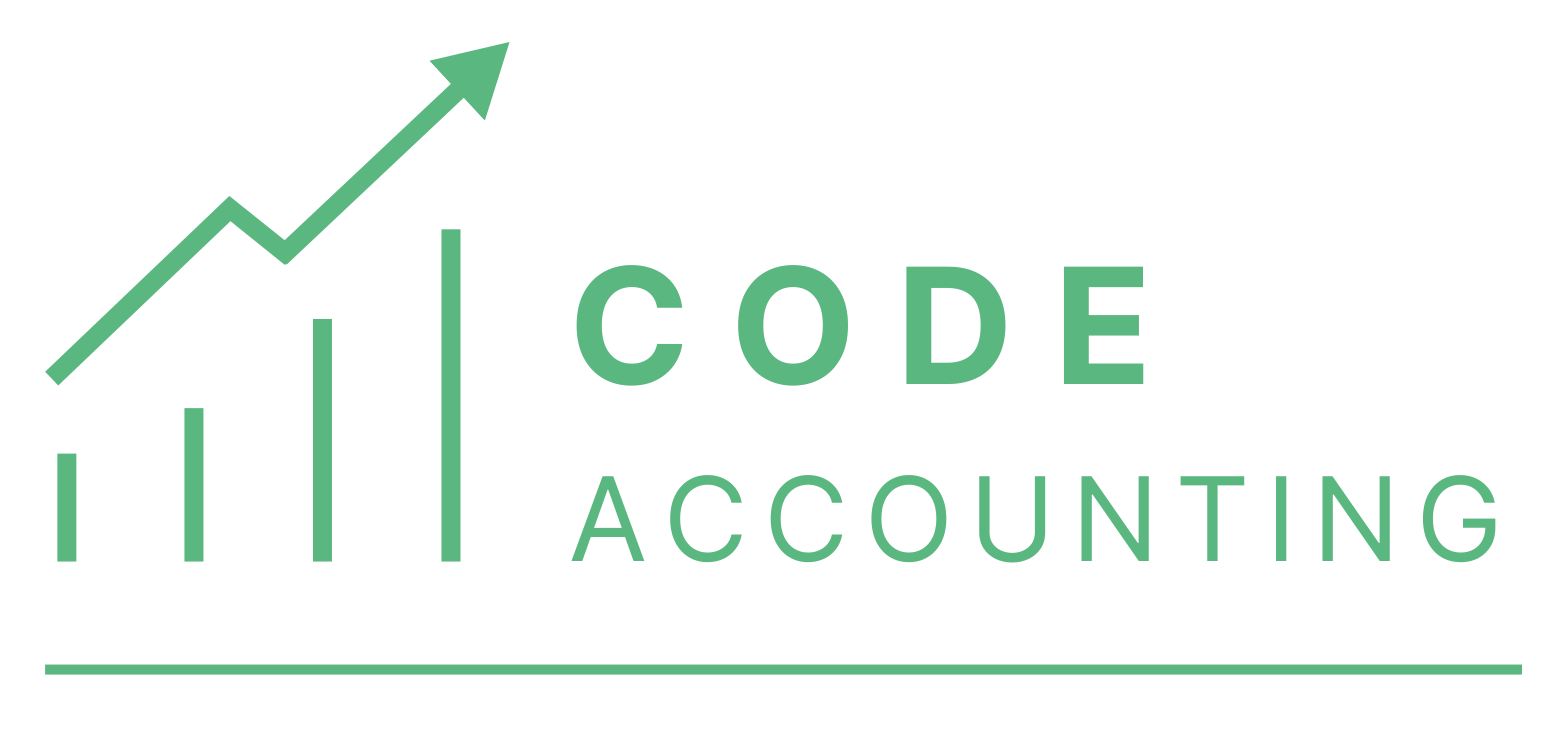California’s new individual health insurance mandate went into effect in January 2020. Under the mandate, Californians who do not maintain the minimum essential coverage (MEC) for themselves and their dependents will be subject to a tax penalty unless they qualify for an exemption under the new law.
The state adopted the health insurance mandate after it was found that enrollment in the state-run Covered California exchange dropped by about 25% after Congress reduced the penalty for failure to comply with the federal Affordable Care Act (ACA) to zero for the 2019 tax year. The state government enacted the mandate to increase the number of insured residents and to ensure their premiums were affordable.
MEC is coverage that meets the requirements of both the California individual mandate and the federal ACA. MEC includes employer-provided medical coverage, individually purchased policies, Medicare, Medi-Cal/Medicaid, the Children’s Health Insurance Program, and other programs. Plans that only provide discounts on medical services or only cover an enrollee for a specific disease or medical condition do not qualify.
In March Covered California announced that, due to the COVID-19 pandemic, uninsured residents had until June 30 to sign up for health care coverage through Covered California. It also announced that the Department of Health Care Services has taken additional steps to allow eligible residents to sign up for immediate coverage.
State Providing Aid to Low- to Middle-Income Residents
To help low- and middle-income residents pay for MEC plans, California is offering premium assistance to Covered California enrollees with household incomes of up to 400% to 600% of the federal poverty level. According to Covered California’s website, for 2020, individuals with incomes of up to $49,960 and four-person households with incomes of up to $103,000 are at 400% of the federal poverty level. Covered California’s assistance is in addition to the help the federal government provides enrollees with household incomes of up to 400% of the federal poverty level.
The premium subsidies are funded by the money the state expects to earn from the taxpayers paying the non-compliance penalty and other funds that have been allocated by the state. California’s 2019-2020 state budget allocates $1.45 billion over three years to help fund premiums for low- and middle-income residents.
Penalties for Failure to Carry Insurance
Unfortunately, calculating the penalty that must be paid by California residents who fail to carry MEC on themselves and their dependents is difficult because they are is based on complex calculations.
According to a penalty estimator available on the Covered California website, a 50-year old single resident earning $75,000 in 2020 would pay a $1,419 penalty for failing to carry MEC for that year. If that same resident were to claim a 50-year-old spouse and two children under the age of 16 as dependents, he or she would face an estimated penalty of $2,250.
For a more accurate calculation of their penalty, the Franchise Tax Board suggests uninsured residents use the calculations found on Form 3853.
Exemptions from the Individual Mandate
Not all Californians are required to carry MEC under the health insurance mandate. Most of the exemptions to the mandate must be claimed on a resident’s state tax return, but a three must be processed by Covered California.
Taxpayers who meet one or more of the following criteria may claim an exemption on their state return:
- Income is below California’s filing threshold.
- Coverage is unaffordable because it would exceed 8.4% of household income for 2020.
- The combined cost of a family’s self-only coverage is unaffordable.
- There was a short coverage gap that was less than three consecutive months.
- Certain taxpayers who are residents of another state or living abroad.
- Members of a health-care sharing ministry.
- Members of federally-recognized Indian tribes.
- Incarcerated.
- Enrolled in limited or restricted-scope coverage provided by the California Department of Health Services.
- Certain non-citizens not lawfully present in the U.S.
The following exemption requests must be processed by Covered California:
- Religious conscience.
- Affordability hardship.
- General hardship.
In a previous article, we discussed the difficulties involved in claiming the exemptions for religious conscience and participation in a health care sharing ministry.
Insurer and Employer Requirements
Health insurance carriers were required to report coverage information to the FTB by March 31 or face a penalty of $50 per non-reported person. If an insurer did not report to the FTB, employers were required to file a report by March 31.
Information on how health insurers and employers may submit coverage reports is available on the FTB website.




